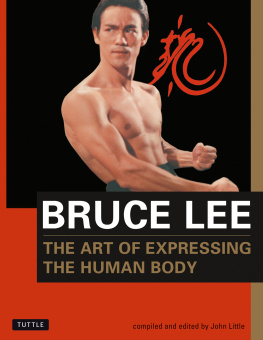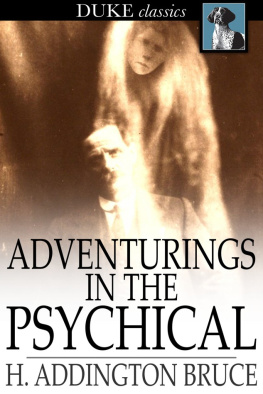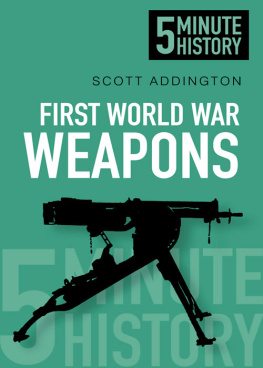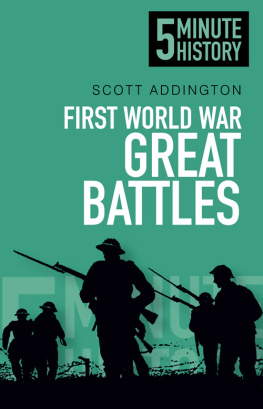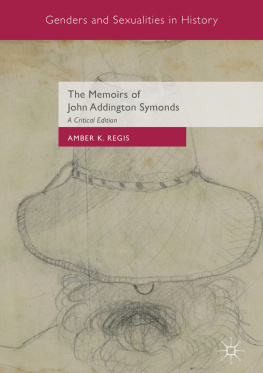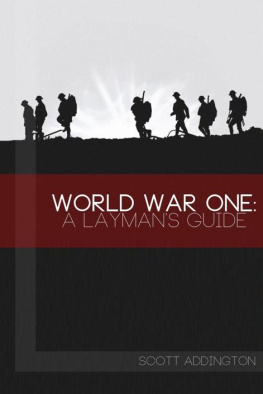PSYCHOLOGY
AND PARENTHOOD
BY
H. ADDINGTON BRUCE
Author of The Riddle of Personality, Scientific Mental Healing, etc.
Printer's Mark
NEW YORK
DODD, MEAD & COMPANY
1919
Copyright, 1915
By DODD, MEAD & COMPANY
TO
MY SISTER
ROBERTA BRUCE PEMBERTON
PREFACE
The chief aim of this informal handbook for parents is to review and unify, in non-technical language, the findings of modern psychology which bear especially on the laws of mental and moral growth. The time has come when it is not only desirable but necessary to attempt something of this sort; for in the course of their labours the educational, medical, and social psychologists have accumulated a mass of data revealing unsuspected defects, and hinting at marvellous possibilities, in the upbringing of the young.
On the one hand, they have shown that not enough heed has been paid to the hampering influences of an unfavourable environment and physical maladjustment; and, on the other hand, they have made it clear that, by instituting certain reforms, it is entirely feasible to develop mental and moral vigour in the mass of mankind to an astonishing degree. My own belief, indeed, for reasons set forth in subsequent pages, is that the discoveries of the modern psychologists justify the assertion that, through proper training in childhood, it is possible to create a race of men and women far superior morally to the generalty of the worlds inhabitants to-day, and manifesting intellectual powers of a far higher order than the generalty now display.
Whether this belief will ever be vindicatedwhether, for the matter of that, the discoveries of recent psychological research will prove of any real valuedepends, of course, on the extent to which practical application is made by those having charge of the young, and particularly by parents. For the fact most surely established by the scientific investigators is that it is in the first years of life, and in the influences of the home, that the forces are set in motion which count for most in the making or marring of the individuals character and career. Parental responsibility is consequently much greater than most parents suppose; but so is parental opportunity. This book accordingly is addressed primarily to parents in the hope that it may be of some assistance to them in avoiding the pitfalls, and developing the possibilities, of that most important of all human activitiesthe training of the next generation.
Portions of the book have already appeared in various periodicalsThe Century Magazine, The Outlook, McClures Magazine, etc.and to the editors of these publications I owe a word of grateful acknowledgment. I am also under obligations to numerous medical and psychological friends for valuable information. But most of all, as always, I am indebted to my wife, whose critical reading of the manuscript has resulted in many helpful suggestions.
H. Addington Bruce.
Cambridge, Massachusetts,
February, 1915.
I
THE IMPORTANCE OF THE ENVIRONMENT
M any years ago, according to a story which remains vividly in my memory by reason of its grim suggestiveness, two small boys were one day sauntering along a country road. The sight of an orchard, resplendent in its autumn glory of red and green and gold, tempted them with irresistible appeal, as it has tempted thousands of other boys before and since. Over the rail-fence they scrambled, up a well-laden tree they climbed, and soon were merrily at work filling their pockets.
But now from a near-by cottage came the man who owned the orchard, and his coming was the signal for a hasty descent. One of the boys made good his escape; the other, less quick-footed, was dragged, a loudly-protesting captive, to the home of the local magistrate.
More apple-stealing! this stern functionary exclaimed. Something must be done to stop it. Let us make an example of this bad boy. To prison forthwith he consigned the luckless youth.
His companion, thankful for his happier fate, returned to his home, his school, and his books. From school he went to college, and afterward took up the study of law, beginning his professional career with a reputation for great intellectual ability and strength of character. In course of time he was made a judge.
As judge he was called on to preside at the trial of a man accused of murder. The evidence of guilt was conclusive, conviction speedy. It became his duty to don the black cap and pronounce sentence of death. But before he did this, he was struck with something familiar in the prisoners sodden, passion-marked features, made inquiry concerning his early history, and, to his mingled horror and amazement, learned that the wretched man was none other than the happy, buoyant lad who had first felt the heavy hand of the law on account of the orchard-robbing episode in which the judge, now about to doom him to the scaffold, had gone scot-free.
Than this strange chapter in human experience I can at the moment recall nothing that more strikingly suggests and illustrates the dominant theory in modern scientific thought regarding the offender against society. The implication that the contrasting careers of the two boys were largely determined by circumstances over which they had no control, and that it was the brutalising jail experience of the one and the more fortunate upbringing of the other that chiefly accounted for their diverse fates, unquestionably represents the views held by the great majority of present-day students of delinquency and crime. To be sure, there are not a few who would raise the question, Might not the boy who was caught in the orchard have gone wrong in any event, because of inborn defects? These are the enthusiasts conspicuous to-day as leaders of the so-called eugenics movement looking to the improvement of mankind on stock-breeding principlesby sterilisation of the unfit, stricter marriage laws, etc. Nor can it be denied that they have on their side a formidable array of facts which would seem to demonstrate the unescapable fatality of a bad heredity. On the other hand it is equally certain that there is a steadily growing body of evidence giving ever greater support to the opposite viewto the view, namely, that after all the influence of heredity is of quite secondary importance to that of environment in the marring or making of a human life.
Even the facts emphasised by the eugenists themselves sometimes tend, on close examination, to bear out the belief that it is in the surroundings and training of a child rather than in his heredity that the sources of his ultimate goodness or badness are mainly to be found. The history of the notorious Juke family, featured by almost every modern advocate of the fatal heredity theory, is a case in point.
The first Jukes of whom anything is known were five sisters of obscure parentage who lived in Ulster County, New York, in the second half of the eighteenth century. At least four of the five took early to a life of vice, and eventually all married and had children. Many years afterward a visitor to an Ulster County jail noticed that among its inmates, awaiting trial on various charges, were six members of one family, including two boys accused of assault with intent to kill. Inquiry showed that the six were directly descended from the oldest Juke girl, and that more than half of their male blood-relatives in the county were likewise in some degree criminal.



